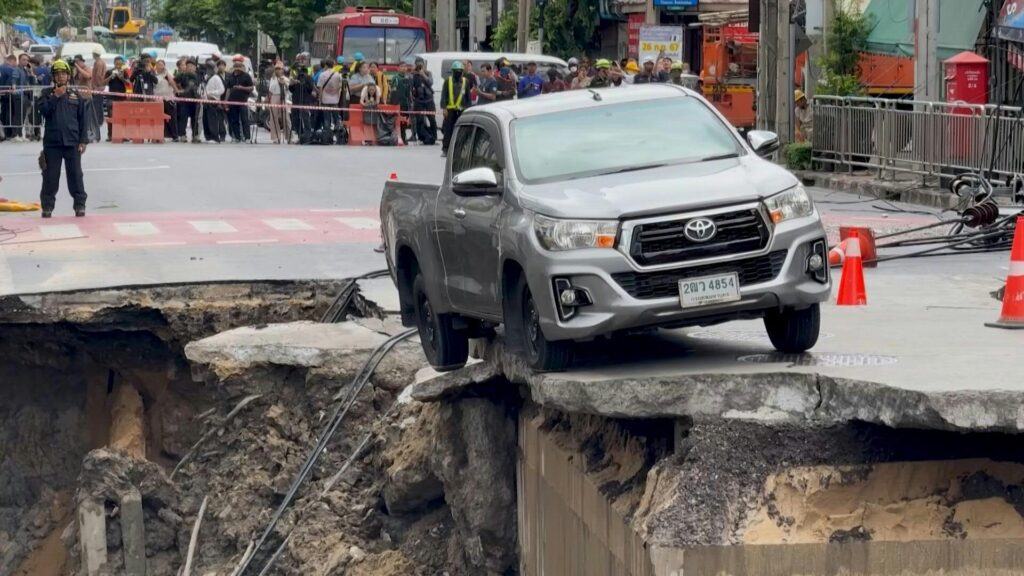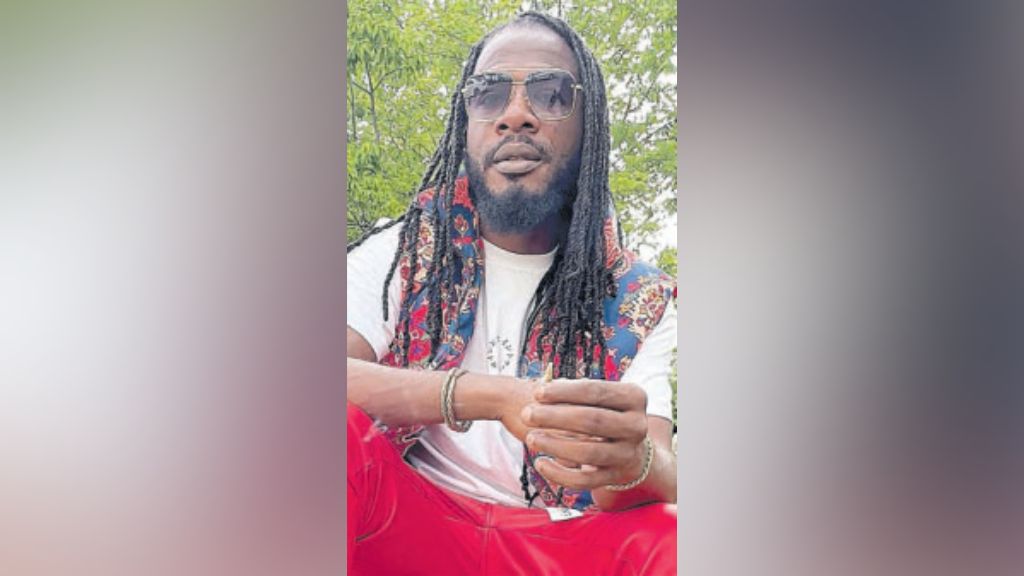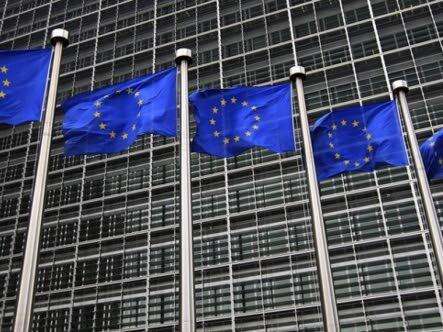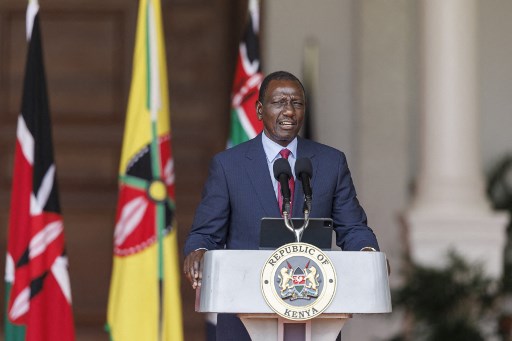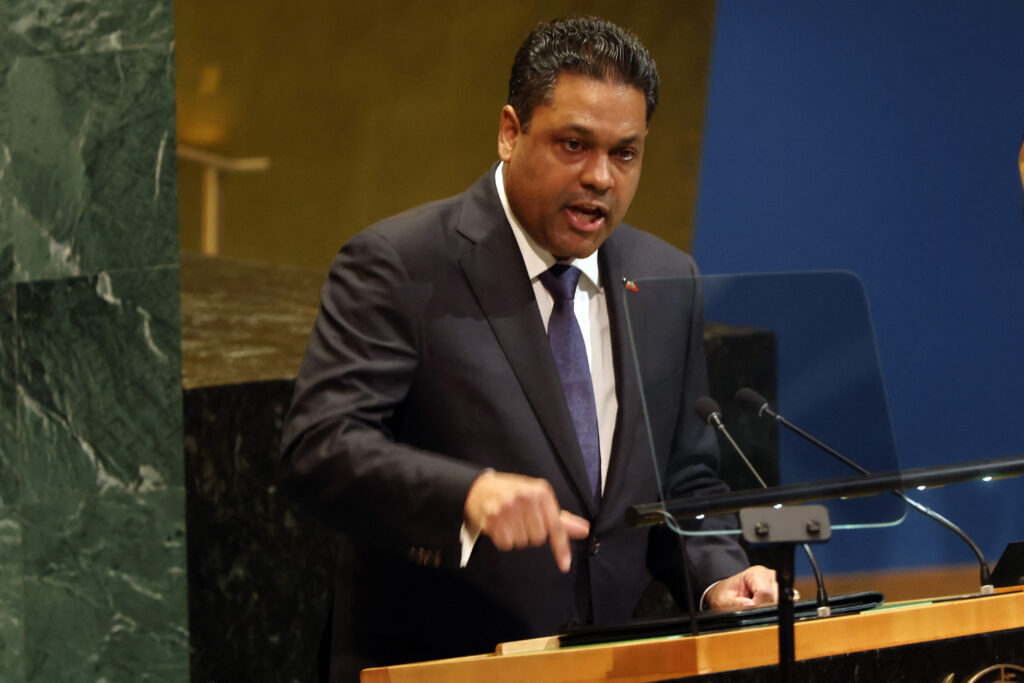UNITED NATIONS (CMC) — President of Kenya William Ruto on Wednesday reiterated his country’s support for Haiti, lauding as a success the Multinational Security Support (MSS) mission deployed to the French-speaking Caribbean Community (Caricom) member state, led by Kenya.
Ruto told the United Nations (UN) General Assembly Debate that the MSS mission, which was authorised by the UN Security Council in October 2023 to help improve security and policing, is both “a success and a cautionary tale about global security governance”.
He said Kenya “stepped forward, stepped up and deployed our officers” to confront rampant gang violence in Port-au-Prince, the Haitian capital.
But he lamented that the mission remains “underfunded, underequipped and operates below 40 per cent of its authorised personnel strength”.
Despite the constraints, Ruto said, “the MSS has delivered results many thought were impossible”.
He said government institutions once overrun by gangs were restored, schools reopened, kidnappings have declined and Haiti’s airport and seaport have resumed normal operations.
“This begs the question: If so much could be achieved with limited resources and stretched personnel within months, what more could have been accomplished if the United Nations fraternity had truly acted together in solidarity with the people of Haiti?” Ruto asked.
He urged the UN Security Council to ensure the “hard-won gains” achieved so far by the Kenyan-led mission are consolidated as the UN body deliberates on the next steps.
As Haiti remains in the grip of a deepening multidimensional crisis affecting the political, security, human rights and humanitarian spheres, with implications for the region, Foreign Minister Jean-Victor Harvel Jean-Baptiste warned on Tuesday that the security crisis “is like the Sword of Damocles above us”.
In a meeting convened under the UN Economic and Social Council (ECOSOC), whose Ad Hoc Advisory Group on Haiti is chaired by Ambassador Bob Rae of Canada, Jean-Baptiste recalled those words that he’d issued on Monday during a meeting of foreign ministers from the Caribbean Community (Caricom) on the margins of the UN General Assembly.
Jean-Baptiste outlined priorities for Haiti, including the need “to re-establish social peace so that the people can vote in safety” and to support the government in implementing development, economic and social programmes to resolve gang violence.
“Despite these security challenges, there has been progress,” he said. “We have shown that we can use your aid effectively. Now we need more support in order to conclude this effort.”
The UN said armed gangs control large swathes of the territory, more than six million people are in urgent need of assistance and 1.4 million have fled their homes, mainly women and children.
The global body said killings and abductions are rampant, while cases of sexual and gender-based violence have significantly increased.
Rae informed the meeting of the latest act of violence, as eight children were killed in a drone strike in the Cité Soleil neighbourhood of the capital.
“We need to understand that this is not a problem of theory,” he said. “This is a problem that is affecting the daily lives of people.”
The UN said the discussions were held as the Security Council prepares to resume debate on a proposal by the secretary-general to establish a new UN support office in Haiti.
Canada said it would provide logistical and operational backing for the MSS Mission that is already on the ground backing up the national police in their efforts to combat the gangs and create a secure environment conducive to the holding of elections.
At the meeting, Canadian Foreign Minister Anita Anand announced that her country is prepared to pledge an additional CAN$40 million to the MSS and its successor mission.
“We are clearly committed to its success, and we count on other partners to also step up their support as the resolution currently proposes a five-fold increase in size, funding, personnel and equipment,” she said.
Anand said Canada will also contribute another CAN$20 million to help improve maritime security in the Caribbean.
In a video message, UN Deputy Secretary-General Amina Mohammed stressed that while security support is indispensable, “it is not enough to break the cycle of crisis” Haiti’s population is facing.
“Stability will only come when security is matched by a political process, credible elections and economic recovery,” she said. “That means bold financing, blending donor support with investment to mobilise resources at scale and placing them where they matter most: in the hands of the Haitian people.”
The new UN Special Representative for Haiti, Carlos Massieu Ruiz, expressed hope that the Security Council will act urgently on the secretary-general’s proposals.
He urged countries to take advantage of this opportunity and reaffirm their commitment to Haiti.
“The path forward demands political will, vision but mostly resolve,” Ruiz said. “Together, we can help Haiti and Haitian society, Haitian authorities, to turn the tide and embark on a trajectory of peace recovery and inclusive development.”
In a meeting with Ruto on the margins of the UN General Assembly Debate on Wednesday, US Secretary of State Marco Rubio praised Kenya’s “brave contributions to Haiti’s peace and security”.
Deputy US State Department Spokesperson Tommy Pigott said that both men “emphasised the need for urgent action at the UN to establish a gang suppression force and UN support office for Haiti to combat gang violence and ensure Haiti sets itself back on the path towards stability”.
“The secretary and President Ruto discussed US-Kenyan security co-operation and the pivotal role Kenya plays ensuring regional security,” Pigott said.



